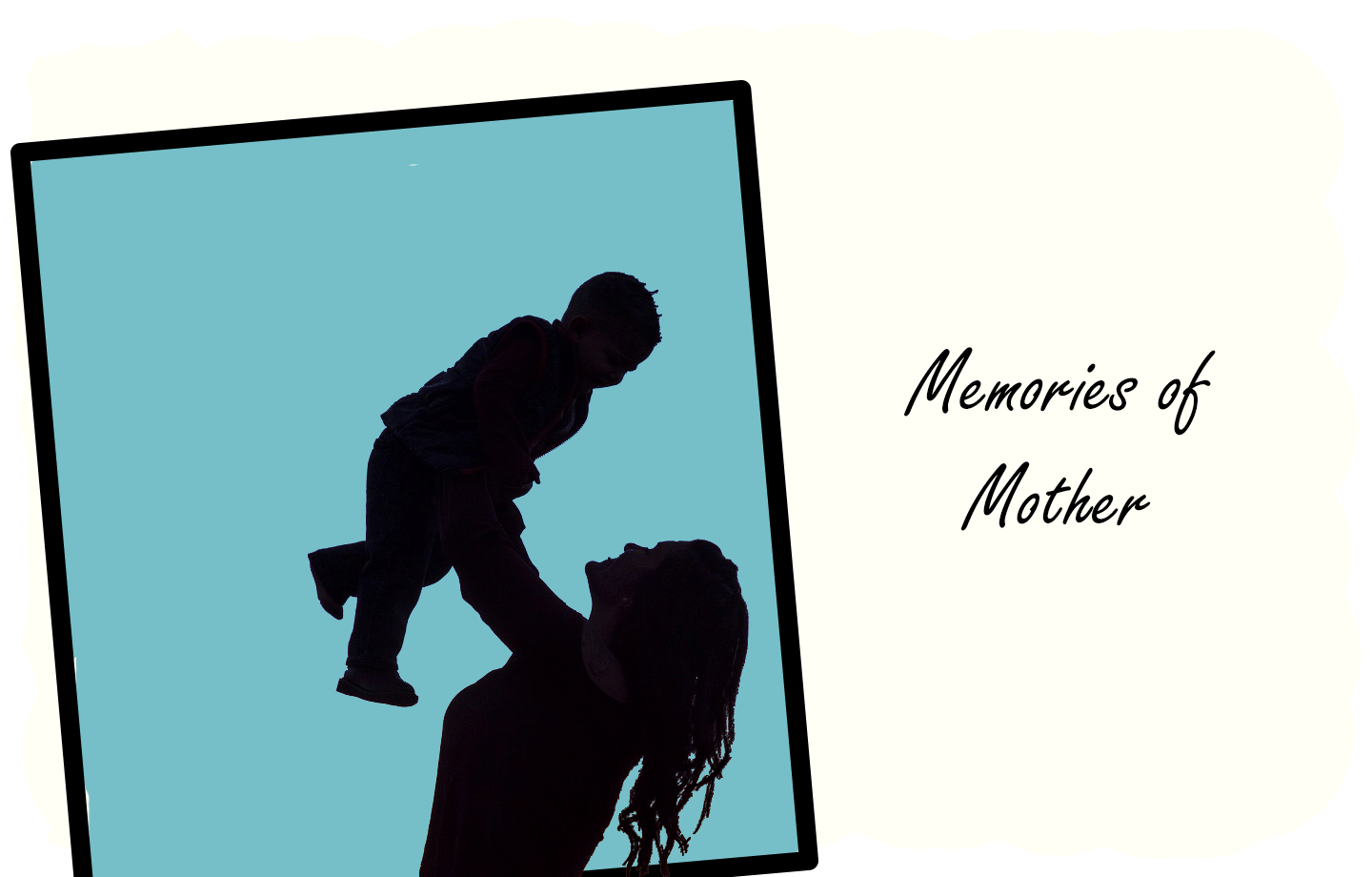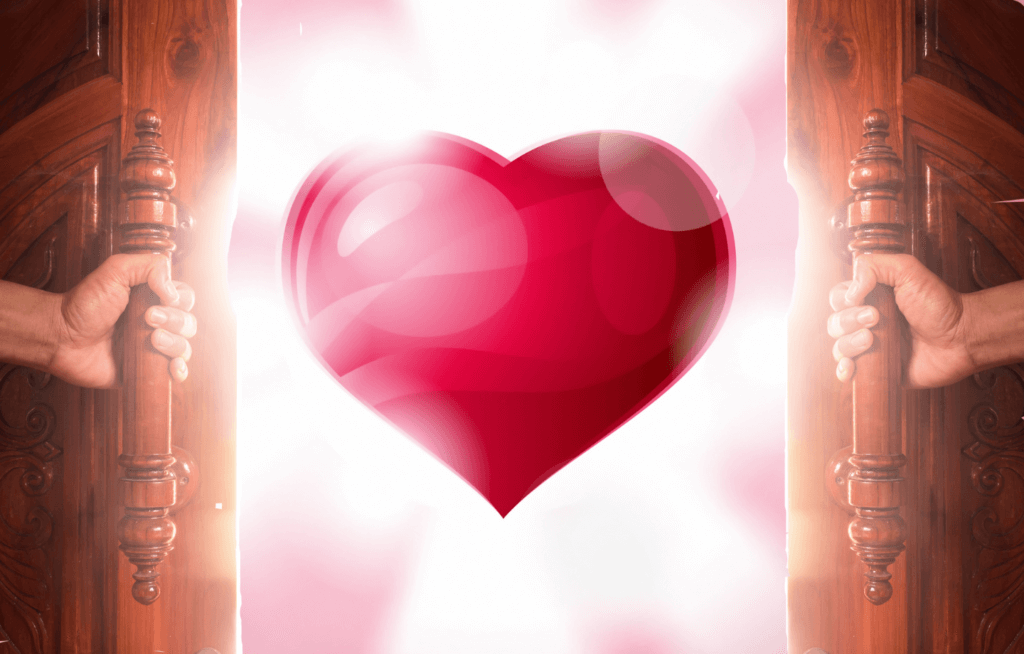
- This event has passed.
Memories of Mother
Sunday, May 9 @ 10:30 am - 11:30 am


Rev. Furrer preaching on the Greek myth of Demeter and Persephone to illustrate some of the attributes good motherhood calls for, and calls out of all parents. With a few memories of his late mom.
how to attend
• To virtually attend, please Zoom in using room number 989 3107 9078, passcode: chalice.
• To phone into the service, call 669-900-6833, Meeting ID: 989 3107 9078.
For those joining, please mute as soon as you enter the room, so everyone can hear. Please note, the services will be recorded, but at this time, there are no plans to share the recording.
More Information
Religious Education for children and youth begins at 9:30 a.m. in the same room! Learn more here.
If you don’t have a chalice, but want to light one, check out our Making a Chalice at Home page.
Service is followed by Coffee Hour.
Children’s Story
Sermon Audio
Memories of Mother
Sermon Text
Psychotherapist, musician, philosopher, and theologian Thomas Moore suggests that every mother has two great tasks, providing love and attention during the child’s early years, and letting the child go as the youth reaches maturity—despite the risks she knows abound. Moore points out that Michelangelo’s pieta symbolizes both. I remember when the Vatican loaned that famous sculpture to the 1964 New York World’s Fair. My mother flew to New York, stood in line for hours to see it, and then flew home deeply satisfied. She felt, somehow, deep in her bones what Michelangelo was trying to say. She cried the following night at dinner, telling us all about it.
For most UUs, Mary is too heavy with Roman Catholic adoration to easily unpack, so let us on this Mother’s Day consider instead another Western myth that deals with many of the same themes and may provide illumination regarding the virtues of motherhood: Demeter and Persephone. But first, one may ask, why study myths at all? Don’t Unitarian Universalists all agree on the value of reason and the scientific method? Yes, but we also agree on the value of religious literature and poetry as a means of providing another way to understand life—especially pertaining to relationship issues and questions of worth and meaning.
According to Greek mythology, Demeter is the goddess of grain and agriculture, the pure nourisher of the youth and the green earth, the health-giving cycle of life and death, and preserver of the seasons. The Homeric Hymn to Demeter has been dated to sometime around the Seventh Century BCE, though their story is presumed to go back at least eight centuries before that. The Roman equivalent is Ceres, from whom the word “cereal” is derived. It was Demeter, according to legend, which first gave us wheat and showed humanity how to make it into bread and how to store grain.
Persephone was Demeter’s daughter; they were the central figures of the Eleusinian Mysteries, an initiatory cult that existed for close to two thousand years, from 1500 BCE to 400 CE. Mythological gods personify forces. For instance, Dionysius personifies ecstatic revelry, Aphrodite the power of love. Demeter personifies the power inherent in life: “the force that through the green stem drives the flower,” in Dylan Thomas’s poetic turn of phrase. Her daughter, Persephone, personifies renewal—in the world and in us, both individually and collectively, as a tribe.
According to the earliest legends, young Persephone, hearing the lamentations of the dead, asked her mother who has dominion over the netherworld. “It is I who has domain over the underworld,” replied Demeter. “From beneath the surface of the earth I draw forth the crops and wild plants. And in pits beneath the surface of the earth, I have instructed the mortals to store my seed from harvest until sowing, in order that contact with the spirits of my underworld will fertilize the seed. Yes, I know very well the realm of the dead, but my most important work is here. I must feed the living.”
Persephone responded simply “The dead need us, Mother. I will go to them.” Demeter told her of the dark gloom in the underworld and begged her to reconsider. She reminded her daughter of the pleasures she would miss: the world of sunshine, warmth, and fragrant flowers, but to no avail.
“Very well. You are loving and generous,” replied her mother, “and I understand why you must go, but you are still my daughter and while you are away, I will mourn.” Descending into the underworld, Persephone received and renewed the spirits of the dead, never resting or growing weary. All the while, her mother remained disconsolate, roaming the earth, hoping to find her daughter emerging from one of her secret clefts. In her sorrow, she removed her power from the crops, the trees, the plants. Mortals planted their seeds, but nothing would grow—for days, leading into weeks, and finally into months. Eventually, Persephone returned, and the earth came back to life – the first spring.
Over the centuries, the myth was embellished into a major drama involving all the gods: Hades, Lord of the Underworld, kidnapped Persephone, throwing Demeter into a sorrowful depression. Things stopped growing until Zeus, with the help of the entire Olympian pantheon, worked out a compromise. Persephone returned below every winter to aid the mysterious processes whereby new life sprung from underground: the realm (it was believed) of the dead. But henceforth Persephone lived with her mother for the other two-thirds of the year, nurturing life here on earth. The earliest variants of the story end the same way, but strictly as a matter of Persephone and Demeter’s choice; the patriarchal Zeus has nothing much to do with it.
The Eleusinian Mysteries celebrated Persephone’s return, as it was also the return of plants and of life to the earth. Moreover, since we are part of nature—the Interdependent Web—it is also about the nurture and continuing return of life within communities.
The myth of Demeter and Persephone also has much to tell us about mothering. Mothering is not a simple matter of taking care of the immediate needs of another. It starts out that way, but it also involves giving children enough faith to try making it on their own, and then letting go. Every person has a special character and fate—qualities of soul—that must be encouraged even at the risk of losing ordinary assurances of safety and normality. This is never easy, but it is necessary for the mental health of both children and their parents.
Psychoanalytic therapists, as noted by Yankelovitch and Barrett in the First Reading, and theologians, like our second Reading’s Sallie McFague, agree on the importance of the parents’ attitude in nurturing autonomous children. Both groups think of parenting as instinctual, though McFague—the theologian—goes further in her assertion that parental motives well “from a base close to the one that brought new life into existence, the source that participates in passing life along.”
Children are entirely dependent when newborn. Soon, however, they begin to act autonomously: the “terrible twos” of a toddler. Not every parent handles the terrible twos well. Realizing that the child is not trying to thwart your will as much as she is trying to express her own, is critical. And choosing one’s battles. But that’s just the beginning. As children grow, they begin to individuate in all kinds of ways: some like sports, some reading, some are serious, some playful. They express different talents and interests, skills and limitations. Throughout, the loving mother does her best to encourage her offspring to get in touch with their own inner sources of strength and passion. And to provide a model of maturity by following her own inner guide and muse. In the words of Kahlil Gibran, read at many Unitarian Universalist dedication services:
Your children are not your children.
They are the sons and daughters of Life’s longing for itself.
They come through you but not from you,
And though they are with you, yet they belong not to you.
You may give them your love but not your thoughts.
For they have their own thoughts.
You may house their bodies but not their souls,
For their souls dwell in the house of tomorrow, which you cannot visit, not even in your dreams.
You may strive to be like them, but seek not to make them like you.
For life goes not backward nor tarries with yesterday.
You are the bows from which your children as living arrows are sent forth.
The archer sees the mark upon the path of the infinite, and He bends you with His might that His arrows may go swift and far.
Let your bending in the archer’s hand be for gladness;
For even as he loves the arrow that flies, so He loves also the bow that is stable.
Caring tenderly for your children when they are young and caring enough to let them go their own way as they get older, knowing full well as you do so that life is fraught with perils that you can no longer protect them from: that is the terrifying double role of mothering. And it is never easy. As a minister, I have encountered mothers—and dads—so concerned with the welfare of their children, and so completely taken up with their roles, that they find it difficult to allow their children to become individuals, different from themselves. Demeter would have us do otherwise: allowing her daughter to find her own depths and even her own darkness, without cutting herself off completely.
Freud’s concept of the Superego is, essentially, the internalized mother. As children, we develop a Superego by internalizing parental injunctions that, over time, guide us as thoroughly as our real mothers did when we were small: “remember to say please and thank-you,” “be punctual,” and maybe (if we are lucky), “follow your heart.” Persephone was lucky: her mother encouraged her to follow her heart, even though she knew that where Persephone’s heart was leading—into the dark regions of the soul—was potentially treacherous. But Demeter also gave her daughter a sense of order and service, so that while on her quest, Persephone maintained the internalized calm and focus she inherited from her mom, enabling her to do good and healing work for the benefit of the whole—the interconnected web.
A few weeks ago, on March 28th, I shared a story from the time I was twenty-two years old and, after three excruciating days at home following graduation from college, left for Bedford-Stuyvesant in midst of a torrential hurricane. For me it was an escape from Egypt, but for my mother (who drove me out to the freeway, despite her misgivings about (1) hitchhiking, and (2) my working in Bedford-Stuyvesant) it was closer to Demeter’s experience of allowing Persephone to venture into the underworld. Now that I was twenty-two, Mom knew, like Demeter, that she could not protect me any longer. She also knew that she had to let me go—for both of our sanities.
I once saw a delightful French movie, “Avenue Montaigne.” It’s a coming-of-age story centering on Jessica, a lovely young woman from the provinces who comes to Paris. She lands a job waiting tables at a chic bistro in the arts district. She meets several famous people, and somehow her sweet, un-intimidate–able, guileless spirit carries the day. She finds love and
happiness. Jessica’s grandmother, who encouraged her to go forth even though it meant breaking up their home together, plays Demeter, in this modern rendering of the ancient story: “You have to take a few risks,” says grandma. “I did, and it all turned out very well.”
The Demeter and Persephone myth applies culturally, too. Communities, like ours here at ESUC, need to pay heed if we are to foster vitality and renewal. We must let new people and young people come into their own—and lead—if we as a community are to exude life and grow. We must trust that because of the care we have shown them and the values that we have sought to exemplify (and help them internalize), they will maintain the calm and focus they’ll need, whatever the potential peril, to thrive.
My siblings and I were with my mother on her 75th birthday, when she retired after many years with the Cleveland Public Library. “Aren’t you going to miss working, Mom?” we all asked. “No,” she replied. “I’ve done my job and there are many good people to take over. The Library Director, Andrew Venable, is a hard-working young man, and there are several excellent branch librarians—seven of whom I trained—to carry on. It’s time for me to let go.” I recall thinking, at the time, of Kahlil Gibran’s closing couplet:
The archer sees the mark upon the path of the infinite, and He bends you with His might that His arrows may go swift and far.
Let your bending in the archer’s hand be for gladness;
For even as he loves the arrow that flies, so He loves also the bow that is stable.
Spirit of Life,
Spirit of Demeter, and vitality and renewal:
Hear our prayer.
May we all have the strength to love our children,
and the communities we are a part of.
Inspire us to care for them tenderly, and to let them go—that they may thrive without us—when that time comes. Amen.



